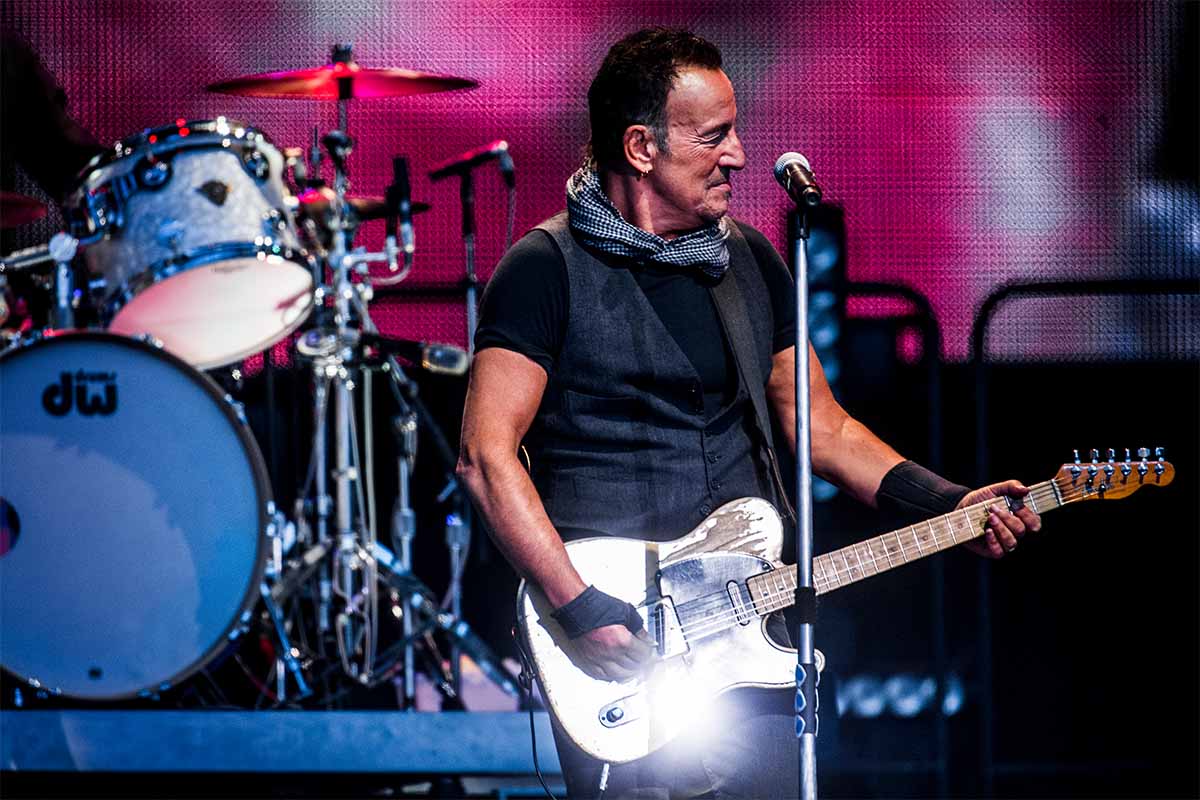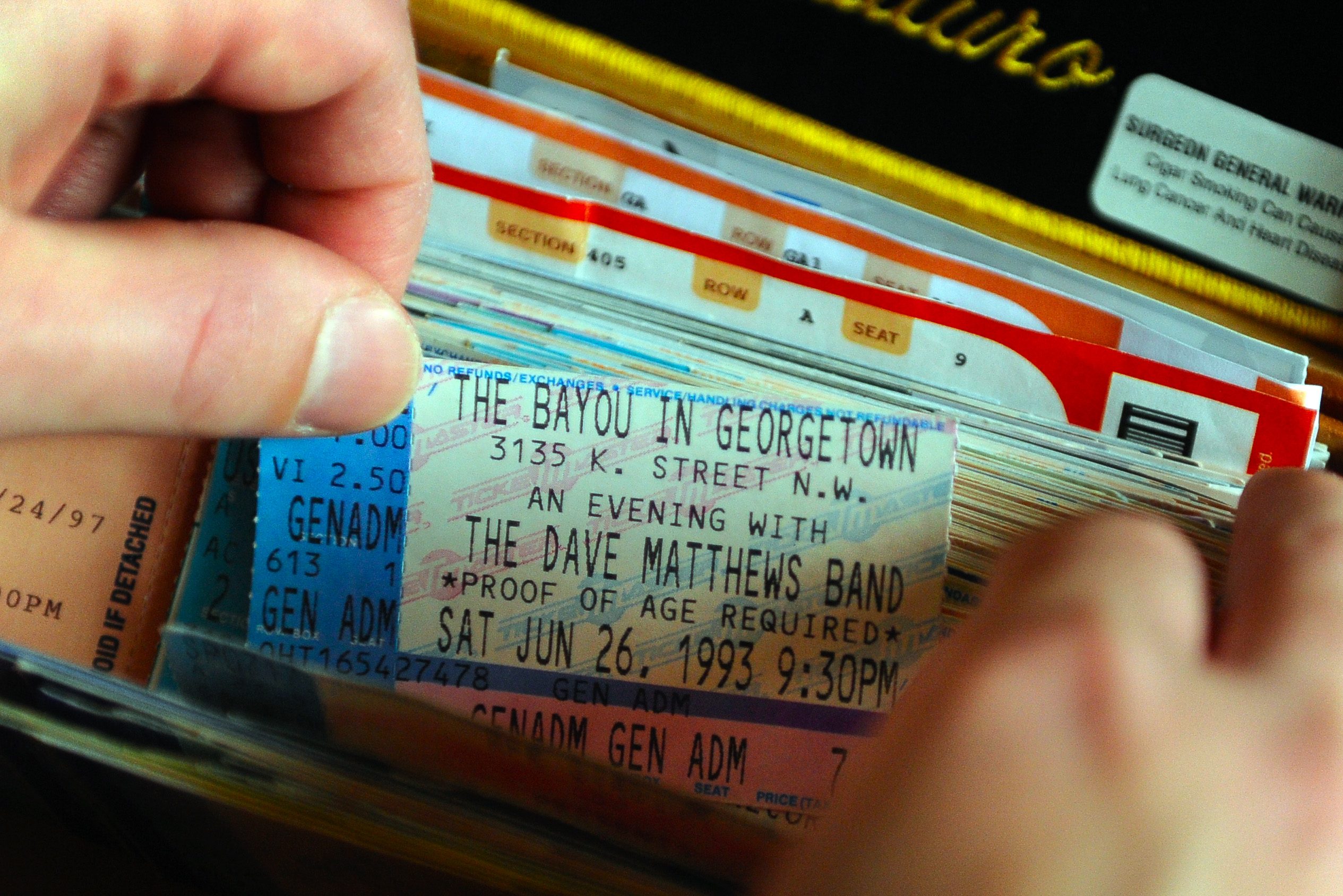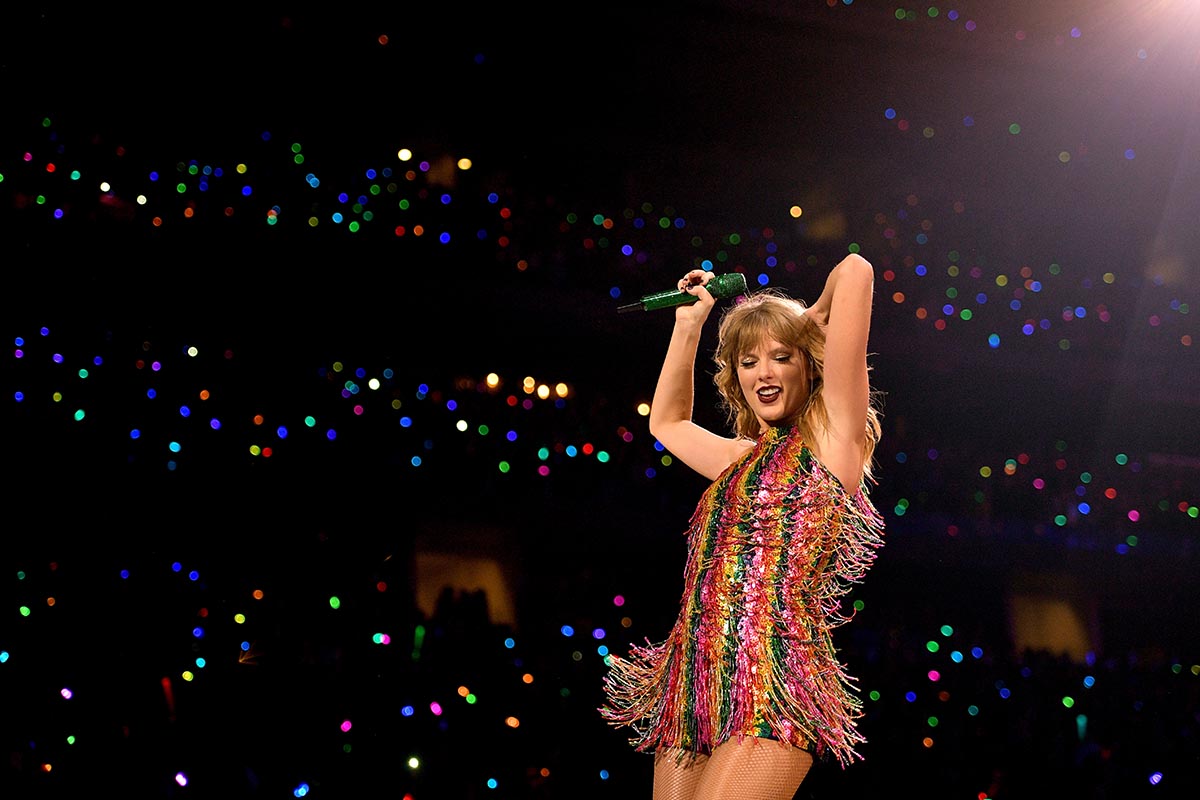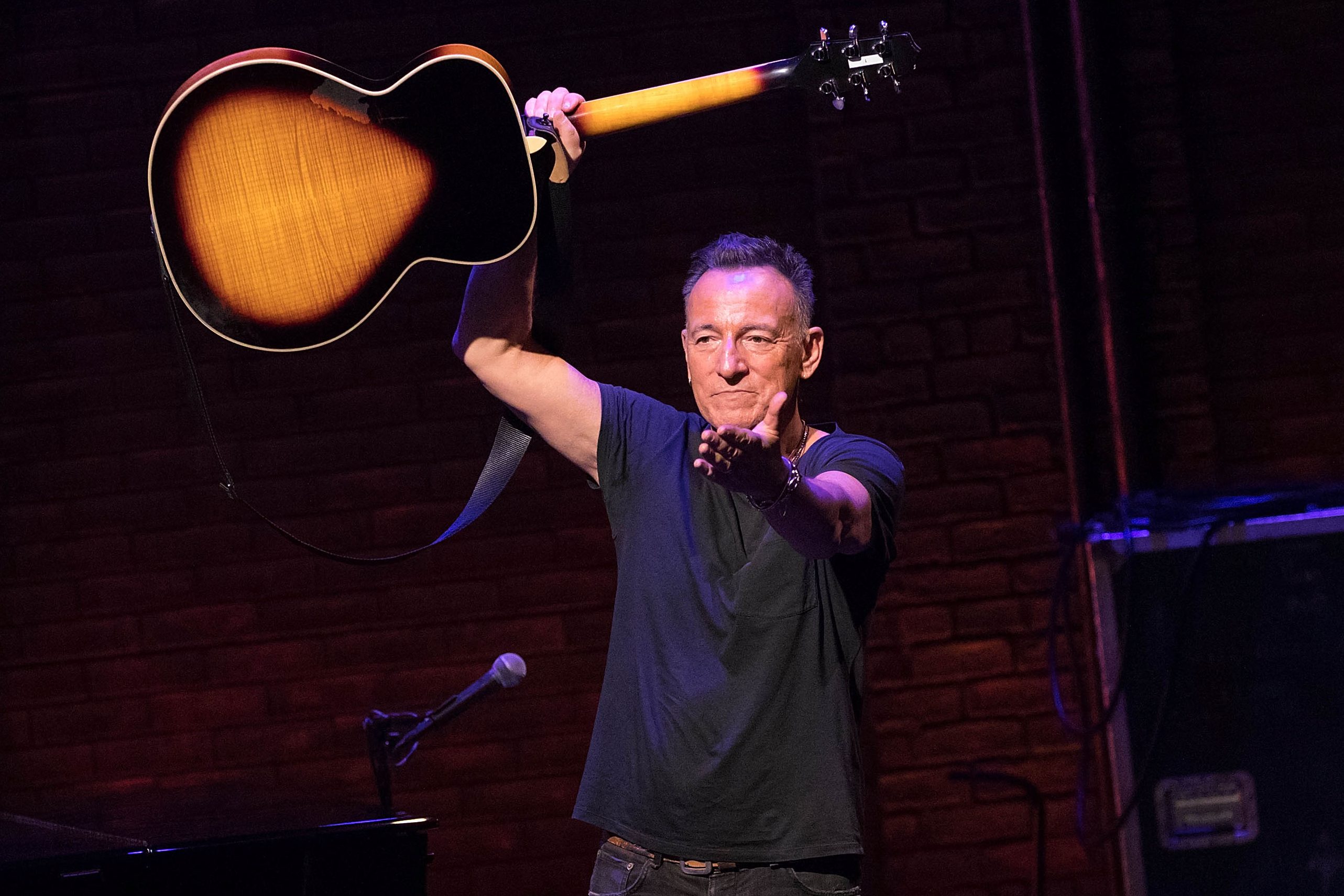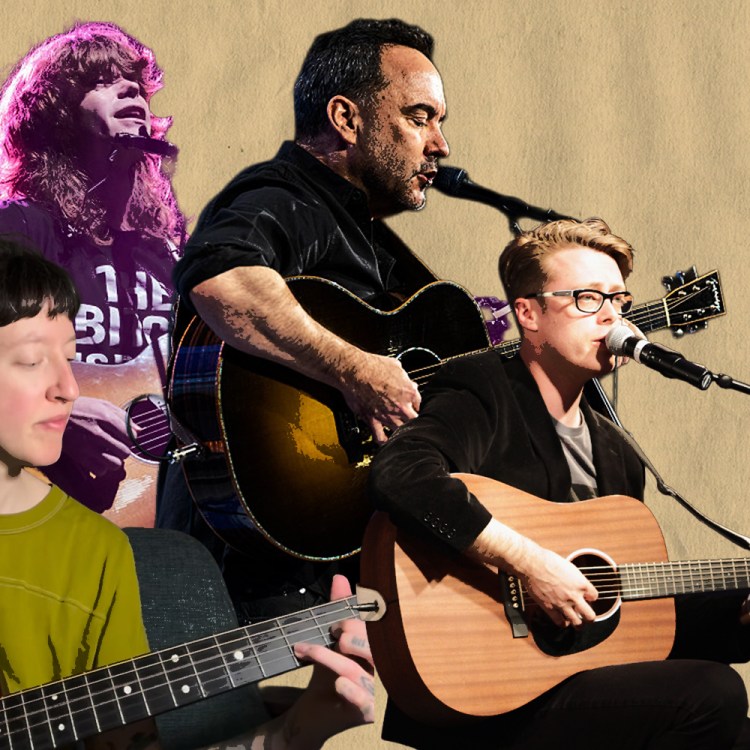Good but actually not necessarily great seats to Bruce Springsteen’s concerts are going for up to $5,000, according to Variety. And the reason? It’s called dynamic pricing, and it’s been going on (and enraging fans) for a few years now.
You might be familiar with this type of price fluctuation, especially if you’ve ever booked an airline ticket. It’s a way for the ticketing company (here, it’s Ticketmaster) and the artist to retain more money by tying in ticket prices to demand. And those prices, for seats that could be in the front but also in mid-tier or even back-of-house areas, can rise to almost unfettered levels, or at least the level a reseller might be able to get for them.
Backstreets, a long-running magazine covering Springsteen, was not thrilled with the policy.
As Variety notes, an upcoming Springsteen date in Tulsa showed a fifth of the seats already in the hands of the secondary market via Ticketmaster’s resale program — meaning, there seems to be little here to suggest TM’s seat program deters reselling.
Longtime Springsteen band member Stevie Van Zandt has been the only one remotely associated with the singer to comment, and he didn’t offer much clarity.
When we examined this issue a few years ago — ironically, pretty much on the day that the entire concert industry paused due to COVID — we spoke to Dean Budnick, editor in chief of Relix and co-author of Ticket Masters: The Rise of the Concert Industry and How the Public Got Scalped. He admitted there was no perfect solution, but did suggest that a few artists had tried some successful measures to keep ticket prices reasonable in the past, starting with the Grateful Dead, who sold 50% of the tickets to their shows through their own mail-order service and limited the number of tickets that folks could purchase, as well as Taylor Swift, who utilize a slow-ticketing model that was, unfortunately, pretty similar to dynamic pricing but did seem to target “true fans” over people who were intending to just resell tix.
Music acts could simply not allow resale tickets (difficult but not impossible), or limit the ability of folks to purchase tickets to shows within a certain geographic range (to discourage scalping). One solution that does seem to work, at least for fans: Don’t buy your tickets on the first day. Additional tickets may turn up, and that resale market may become your friend day-of-show when people are trying to unload their (overpriced) tickets for a fraction of what they overpaid.
Thanks for reading InsideHook. Sign up for our daily newsletter and be in the know.
